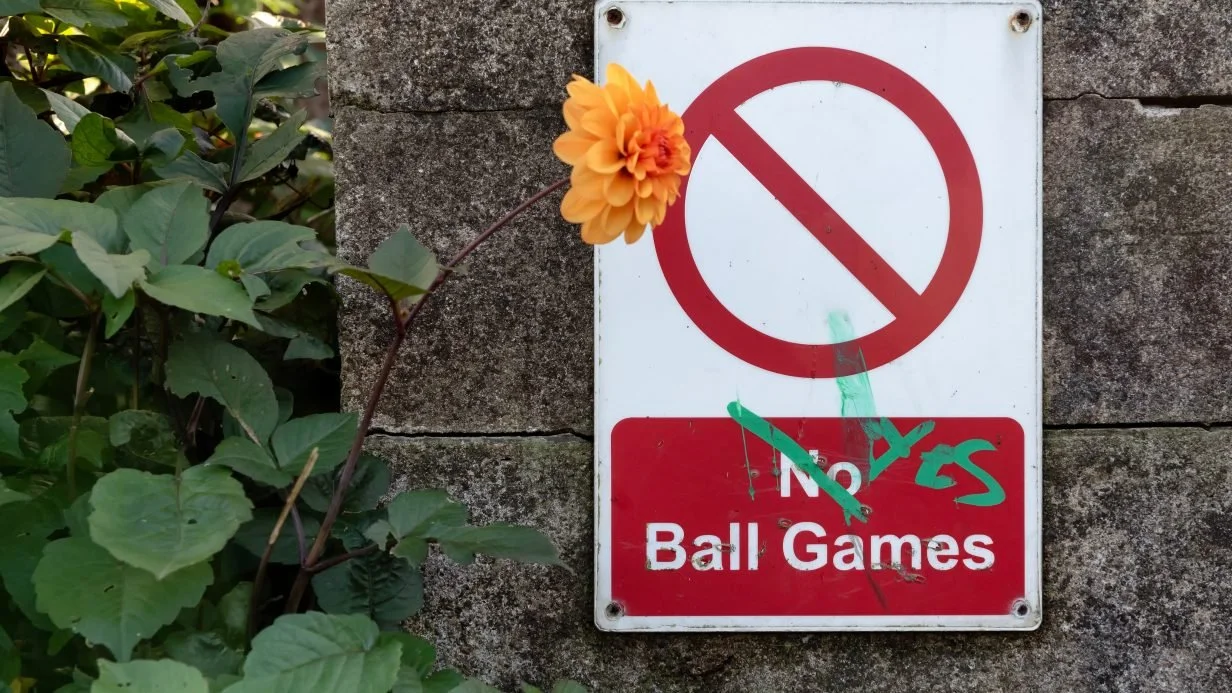New House of Commons Library - Research Briefing calls for child-centred planning and design
New report highlights how the built environment shapes children’s opportunities to play
The House of Commons Library has published a new Research Briefing on Children, Young People and the Built Environment, exploring how planning, design and development affect children’s ability to access both formal and informal spaces for play.
The briefing sets out the barriers many children face in finding safe, welcoming, and inclusive spaces, and highlights the benefits of a child-centred, place-based approach to shaping our built environment — supporting health, wellbeing, and vibrant, sustainable communities.
Reinforces Play England’s call for play sufficiency and child-friendly planning policy
Play England welcomes this research, which aligns closely with our bold, new 10-year strategy — It All Starts with Play! —and our continued advocacy for a play sufficiency approach embedded within planning policy and local decision-making.
Play England’s work is referenced throughout, reflecting our evidence and advocacy on play sufficiency legislation, planning reform, and the need to embed children’s right to play in the design of our towns, cities and neighbourhoods.
The briefing identifies several key findings that reinforce our national call for a fairer, more inclusive built environment for children.
Key evidence: where children are shut out of play in daily life
Children and young people (under 18) make up over 20% of the UK population, yet their everyday freedom to play or move locally without supervision has steadily declined.
Many children live without outdoor access: in England, 1 in 8 children have no private or shared garden; in London, that rises to 1 in 5.
Inequalities deepen the problem. In more deprived areas, fewer children regularly spend time outdoors. Children of Black, Asian or minority ethnic backgrounds are less likely to spend time outside than their White peers.
The built environment often pushes children indoors. The briefing cites evidence that planning and design prioritise motor vehicles and segregated spaces, making outdoor areas less welcoming or accessible.
Play England’s research is cited, highlighting parental concerns that deter outdoor play — including fear of strangers, traffic, older children’s behaviour, and complaints from neighbours.
The report points to a growing “anti-play culture”, where noise complaints have led to restrictions or play bans in housing developments.
There are promising counter-examples: removing “No Ball Games” signs and local authorities developing child-friendly street and play frameworks.
Devolved nations are further ahead: Scotland and Wales already have statutory duties for play sufficiency linked to planning.
What this means for Play England’s mission and the case for change
This briefing reinforces the core aims of Play England’s strategy — our national call for planning systems and public policy to recognise play as a fundamental right, essential for healthy childhoods, resilient communities and fairer built environments.
It validates the central tenets of our strategy: that play sufficiency, child-centred planning and spatial justice are not optional extras — they are essential to delivering equitable, thriving places.
It also strengthens the political case for change. With the Commons Library now signalling the issue, there is a clear mandate for policymakers and local authorities to embed play principles in planning frameworks and statutory guidance.
Our earlier evidence submissions to the LUHC Inquiry on Children, Young People and the Built Environment are explicitly referenced, reinforcing Play England’s leadership in shaping this national agenda.
Finally, the briefing supports a more integrated approach: the challenges are not limited to playground provision but span street design, transport policy, housing development and the public realm — all areas that influence whether children can play freely every day.
📘 Read the full briefing:
🔗 Related Play England content:
#PlaySufficiency #ItAllStartsWithPlay #ChildFriendlyPlanning #RightToPlay

